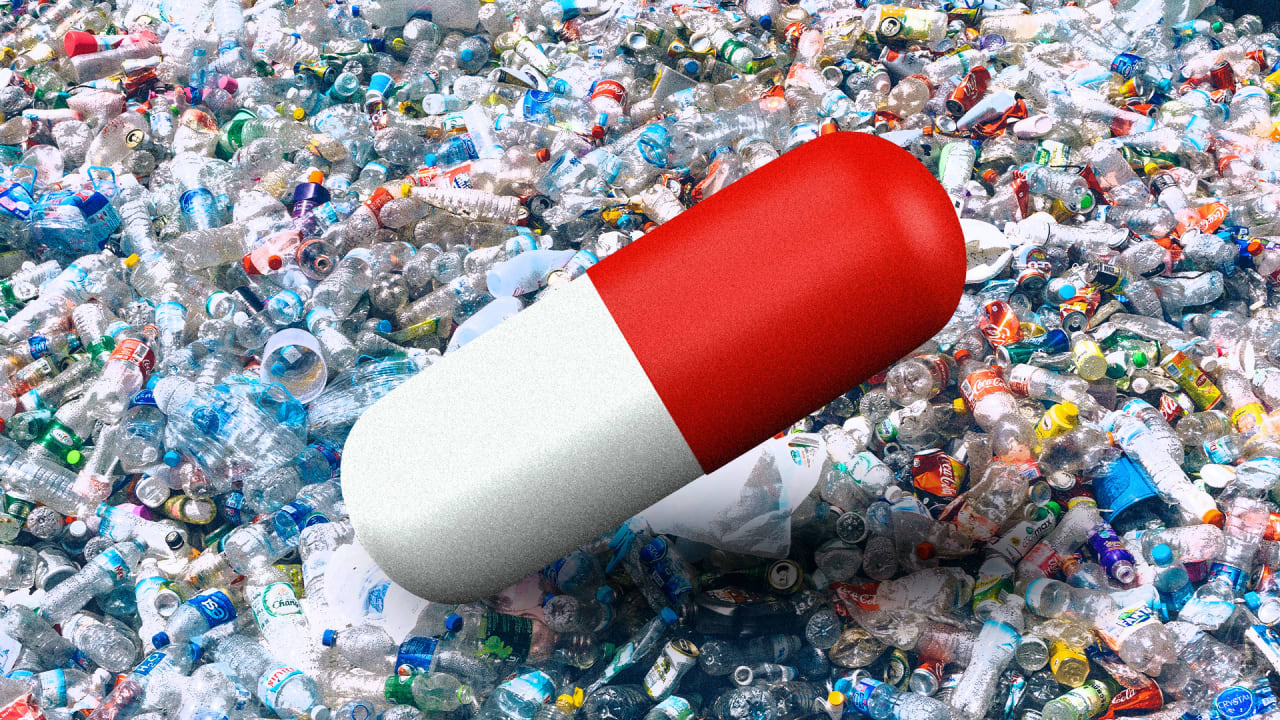
The tales of the water that turns water into wine or straw-weaving tales, but a new job can turn into a trash. . . Tylenol?
Edinburgh University scientists were able to convert the plastic waste paracetamol, aka acetaminofen, aketamino in painkiller Tylenol. But strangers, using bacteria, removed the Aljimali Feat E. coli.
“Using chemical or biology alone, we can change an important drug in such a world, in a way that is completely impossible.
The research group began with a polyethylene terefalat (pet) in food packaging and polyester clothing. Using built-in chemical methods, they split the pet plastic into a precursor molecule and then added it to cell culture E. coli This was genetically replaced.
Modified enzymes E. coli Bacteria were able to convert the plastic precursor to paracetamol 92% of the time. The transformation relys on a chemical process known as a cessual organization that can convert a sort of a molecule. Scientists have been more than 100 years, but usually in a Flask or test tube observed phenomena.
The research team now works with AstraZeneca, including AstraZeneca, including Astrazeneca, including Astrazeneca, to repeat the same chemical transformations on a larger scale.
The new research is not the first to be the first to be placed in bacteria to break down the plastic. Researchers have learned how to use a special enzyme to chew on the wastewater roads found on the wastewater roads on the urban waterways in previous city waterways and turn it into a carbon-based meal.
The cascade is a promising area of bacteria, which is able to turn into harmless or useful molecules from plastic with environmental and health effects.
